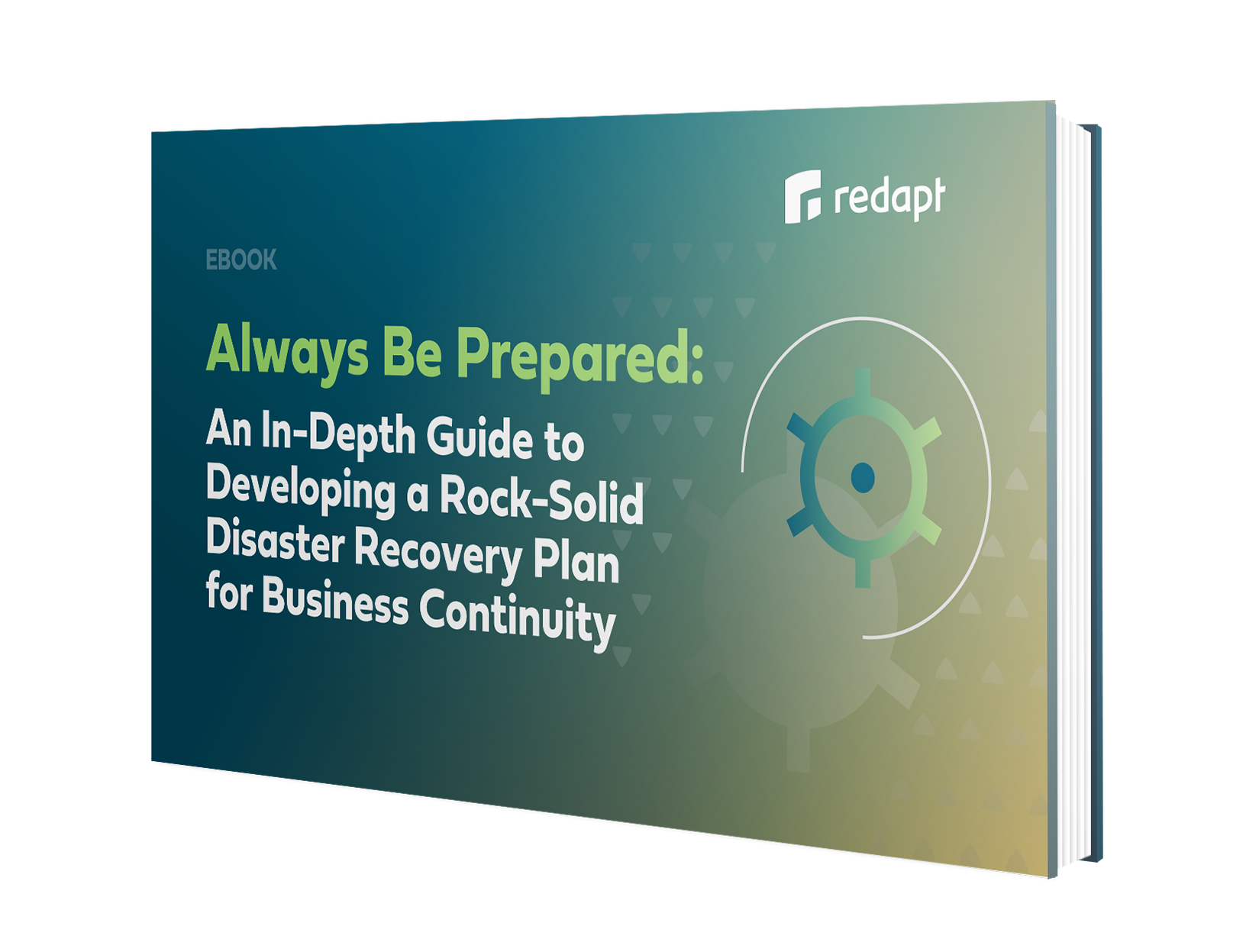Here’s a startling fact.
In the third quarter of 2022 alone, approximately 15 million data records were exposed worldwide through data breaches.
These breaches touch every industry, from finance and healthcare, to retail, communications, and the public sector.
Each time data is exposed, there is a cost — for companies, for consumers, for the very idea of privacy in an increasingly connected world.
Because of this, it’s critical for enterprises of all sizes to keep security top of mind at all times.
The challenge is, maintaining proper security takes a lot of time and resources.
It also takes developing a security posture within your organization that is strong and resilient enough to withstand the constant threat of attacks.
At Redapt, we’ve developed a maturity model we call the Redapt Tech Evolution Playbook to help enterprises achieve digital transformation.
Organizations that partner with us are:
Four times as likely to implement security practices during their transformation…
Three times as likely to meet or exceed their reliability targets…
Able to dramatically reduce their lead time from commit to deploy.
Another component of part of our Tech Evolution Playbook is providing our customers with the tools and skills they need to greatly elevate their security posture.
For example, DevSecOps.
DevSecOps is a new practice being used in application development.
In a nutshell, it’s the practice of improving the collaboration between development and operations teams to infuse security practices much earlier into the development cycle.
This one change in the process can mean everything when it comes to security.
Instead of vulnerabilities being discovered near the end of the application’s development, security is kept at the forefront.
That dramatically limits the risk of breaches while an application is being developed.
It also helps ensure that an application won’t be held from release — or pulled after it’s already out in the wild — due to a breach discovered too late.
DevSecOps is, in many ways, a cultural shift for organizations.
Teams need to work closely together, and communication between development, operations, and security needs to be strong.
But it also requires a change to the tech stack.
And that’s where a tool like NeuVector comes in.
NeuVector comes from our partners at SUSE, and what makes it unique is its sheer number of capabilities in both supply chain and runtime security.
With it, organizations have a single tool for node scanning, container scanning, admission control alerts, network behavior violation alerts, and zero-trust security policy as code rules.
And when implemented along with the DevSecOps blueprint provided by Redapt’s tech evolution playbook, the recipe is there for an organization to greatly strengthen its security posture.
Look, no security process is bulletproof.
Technology changes fast, and so do the tools and methods of bad actors like hackers.
But by implementing DevSecOps and tools like NeuVector, enterprises can reduce their risk of breaches and react quickly — limiting the damage — should a breach occur.
All without slowing down how they develop and release their products.
To learn more about implementing DevSecOps in your organization, visit us at Redapt.com.
See you next time.












